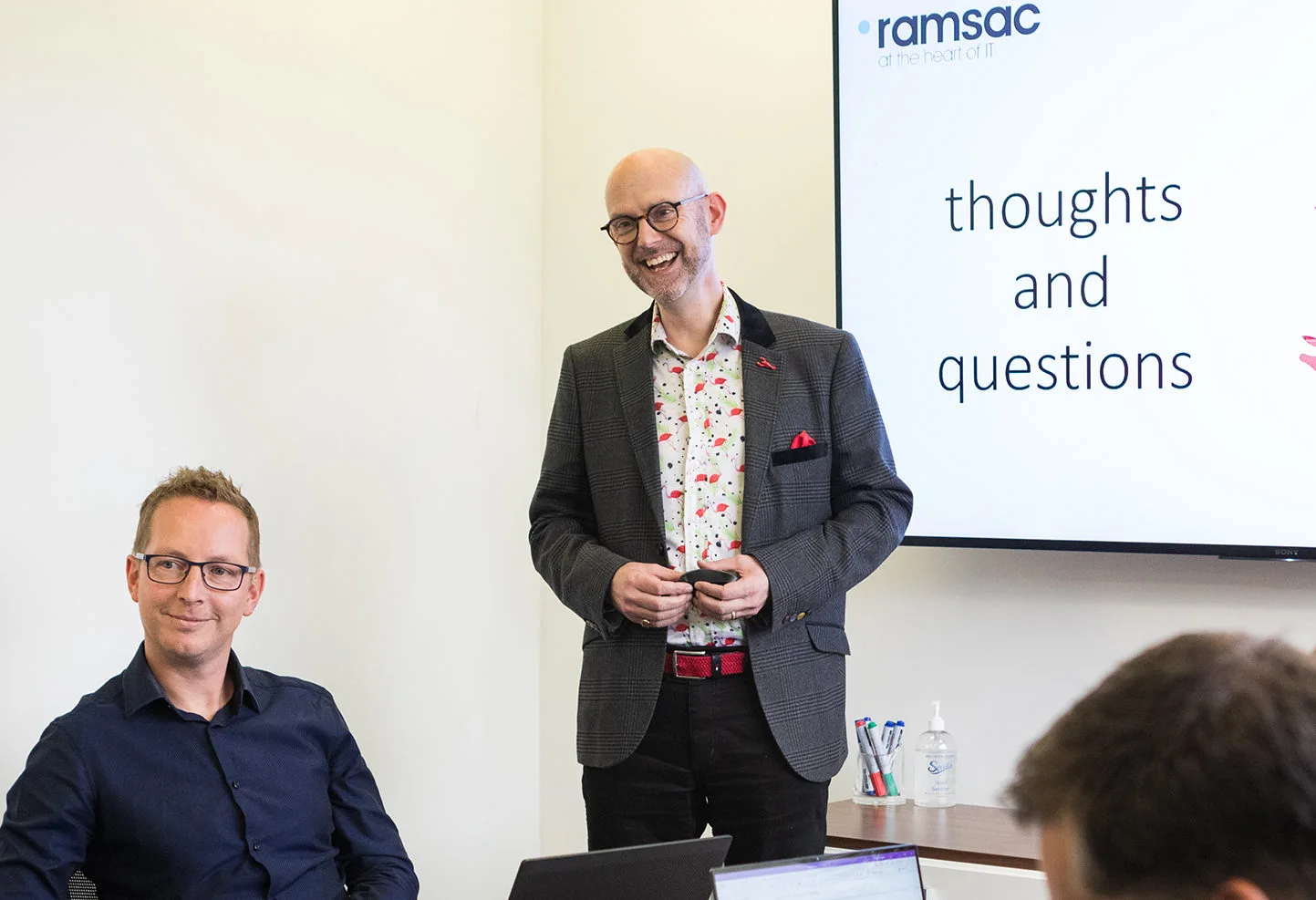Overcoming doubt: How to adopt AI technologies in the workplace

Posted on March 20, 2024 by Rob May
The world of technology is constantly changing, and Artificial Intelligence (AI) stands out as a source of innovation, offering to transform the way we work, think, and interact. However, the journey to adopting AI is often faced with scepticism and opposition from stakeholders. The concerns vary from ethical issues and worries about job losses to difficulties in implementation and questions about the technology’s effectiveness. To address these concerns, a multi-faceted approach is needed, focused on education, collaboration, and strategic implementation.
Understanding and addressing stakeholder concerns
To address scepticism, it is important to listen to and comprehend the issues that stakeholders have. These issues are usually based on insufficient information about what AI can do, anxiety about the unfamiliar, or incorrect beliefs about how the technology affects work and society. By having honest conversations, offering learning opportunities, and clarifying AI through workshops, a better foundation can be established for a more knowledgeable discussion about the technology’s advantages and drawbacks.
Showcasing the benefits through evidence and case studies
Concrete examples are very persuasive. Showing case studies, data, and success stories from related industries can show the real advantages of AI. Emphasising how AI has increased efficiency, sparked innovation, and tackled complex problems in actual situations can help people imagine the possible effect on their own activities. Pilot projects are a terrific way to prove these benefits in practice, providing a safe setting to try them out.
Fostering a collaborative approach
Collaboration is essential to turn scepticism into support. Colleagues who participate in the planning and implementation process can influence the AI strategy with their perspectives and issues. Workshops and pilot projects promote direct involvement with the technology, making the advantages of AI more concrete and relevant. Regular feedback loops enable stakeholders to share their views and worries, creating a feeling of responsibility and interest in the technology’s success.
Addressing ethical and workforce considerations
In my experience people are often concerned about ethical issues and the effect on the workers. It is important to have open conversations about data privacy, security, and the ethical use of AI. Following regulatory compliance and ethical guidelines helps create trust and confidence in the technology. Dealing with job displacement worries through efforts for re-training and updating employees’ skills shows a dedication to the workforce’s future in a world driven by AI.
Looking ahead: scalability, infrastructure, and success metrics
When stakeholders recognise the benefits of AI, they can also consider how to grow, support, and connect AI with existing systems. By setting clear goals and assessing them regularly, AI projects stay on track with the organisation’s vision and stakeholder needs. By letting stakeholders participate in choosing the technology and showing them the results of AI’s influence, a culture of innovation and openness is encouraged.
AI strategy
A complete AI strategy that deals with doubts, shows benefits, and encourages cooperation is needed to overcome mistrust around AI technologies. By involving stakeholders through learning, data-driven demonstrations, and ethical conversations, organisations can move forward with AI adoption with certainty.
The future of work is clearly connected to AI, and by welcoming this technology with a careful and comprehensive approach, we can unleash its full power to drive creativity and productivity in the workplace.
Harnessing AI masterclass
Are you interested to learn more? Why not attend one of my AI masterclasses which provide in-depth AI training to empower business leaders with a comprehensive understanding of the dynamic and ever-evolving world of artificial intelligence and machine learning. This half day session can be run within your organisation for leadership groups, or you can send individuals to one of the open sessions which we run each month in our Guildford HQ.
Harnessing AI Masterclass
Our AI masterclass led by Rob May, ramsac’s Executive Chairman, and an AI author and speaker, provides in-depth AI training to empower business leaders with a comprehensive understanding of the dynamic and ever-evolving world of artificial intelligence and machine learning.








